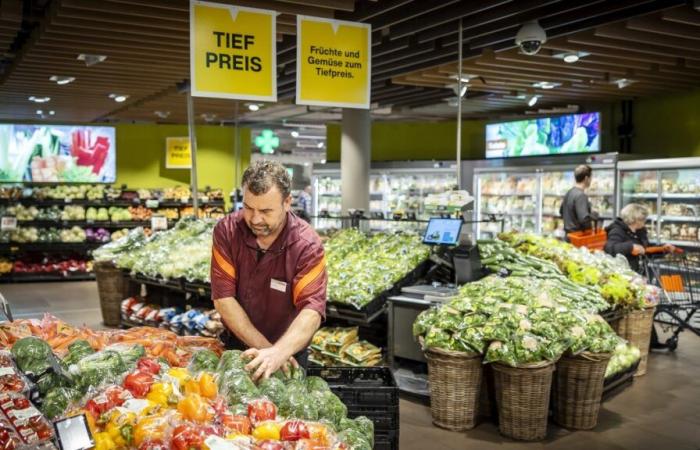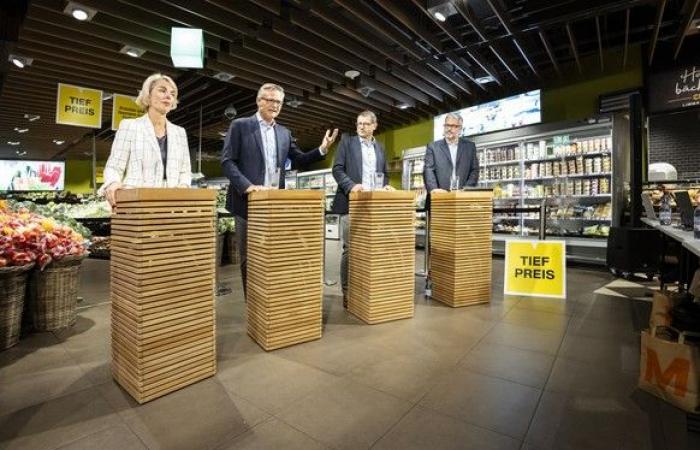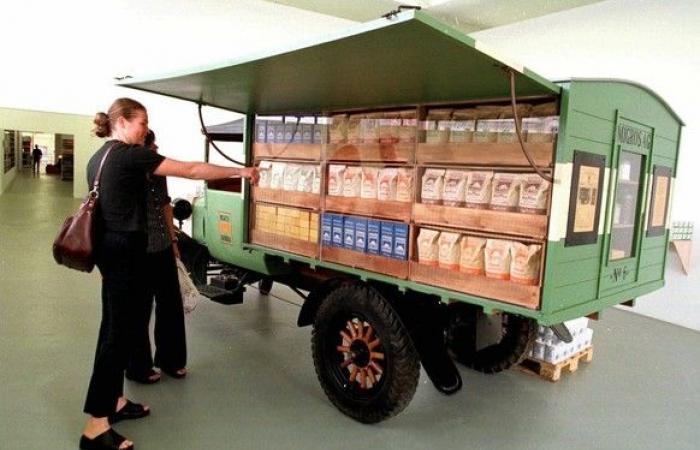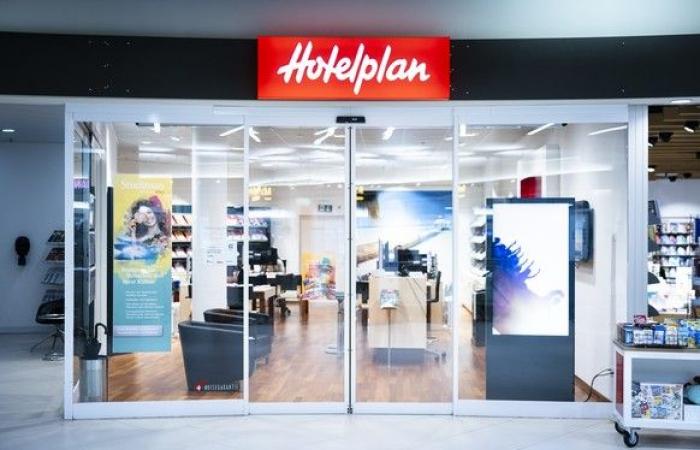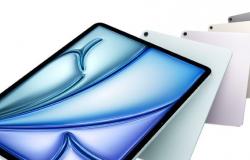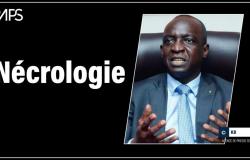Migros wants to respond to competition from discount stores with cheaper products and new stores. This “Back to basics” strategy is risky for its image.
Two traditional companies caused a stir on Monday. Swiss retailer Migros has announced investments of 2.5 billion francs by 2030 to modernize supermarkets, open 140 new stores and lower the prices of 1,000 products. On the other hand, the German Volkswagen group is moving in a completely different direction.
In Wolfsburg, a vast savings program threatens with factory closures and the elimination of tens of thousands of jobs. Comparing Migros and VW may seem difficult, but similarities exist. Both have long rested on their laurels, failing to perceive the signs of the times. Now they are under pressure to act.
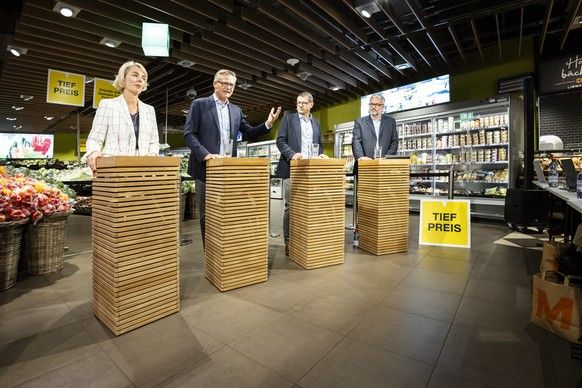
In the store on Limmatplatz in Zurich, Migros management provided information on the new strategy.Image: keystone
VW has made itself (too) dependent on business with China and is now being squeezed by local manufacturers, particularly in the field of electromobility. Migros, for its part, is under pressure from German retail giants Aldi and Lidl, who can impose low prices on producers, if only because of their enormous power.
Precursors of Aldi and Lidl
In comparison, Migros is a small fish. To avoid losing further market share, the group’s management goes on the offensive and returns in a way “to the fundamentals”that is to say to the strategy of the legendary founder Gottlieb Duttweiler. He began, almost exactly 100 years ago (2025 is the year of the jubilee), to shake up the cartelized Swiss retail trade by implementing entry-level prices.
With its traveling sales vehicles, Duttweiler was a sort of precursor to Aldi and Lidl. But over the decades, his creation has become an “establishment” itself. Around thirty years ago, Migros created M-Budget, a low-cost line which has achieved a real cult following. There were even M-Budget evenings. But that was a long time ago, the shine has now faded.
What is what does this mean for Denner?
Migros now wants to catch up by offering “discount” prices. But M-Budget must remainwe heard during Monday’s press conference. This is not the only contradictory aspect. When asked what the new low-price strategy meant for its own discount subsidiary Denner, group head Mario Irminger reacted negatively.
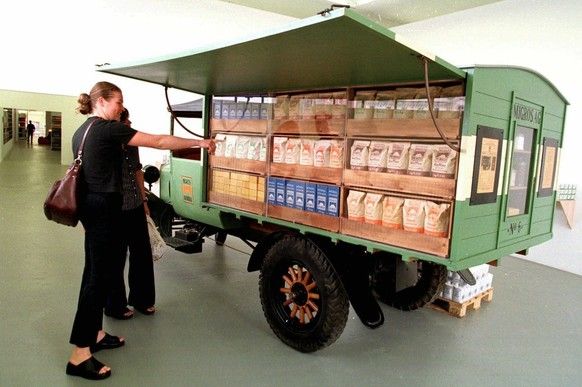
One of the first sales trucks with which Gottlieb Duttweiler brought cheap goods to people starting in August 1925.Image: KEYSTONE
Industry experts emphasized that the reduction of 1,000 products represents only a small part of the Migros assortment of around 30,000 products. But a reduction like the German competition is not on the agenda. On the other hand, the share of own brands should increase from 78 to more than 80%.
Mibelle must continue to be sold
It’s also a return to Duttweiler’s fundamentals. The group’s founder had to make his own products because brand manufacturers boycotted him. For the latter, the blow backfired. This is how the Frey brand from Migros was the largest chocolate producer in Switzerland for a while. But in recent decades, more and more branded items have been found on the shelves of Migros.
But the return to own brands is not without contradictions either. Management apparently wants to maintain the sale of Mibelle, which produces cosmetics and hygiene items, although it is among the largest manufacturers in Europe. In the future, Candida toothpaste and Handy dishwashing liquid will therefore only partially be “own brands”.
Regional barons defend their territory
The inefficient structure, according to critics, with the ten regional cooperatives is also not affected. In the spring, a first step was taken with the creation of a joint supermarket company, which was inevitable given the power of competitors (in addition to Aldi and Lidl, Coop) on the market compared to producers.
However, there is no question of a new restructuring of structures like at Coop. The “regional barons” jealously defend their territory. This even applies to Migros Ticino, the smallest of the cooperatives, which suffers from shopping tourism to Italy. Despite everything, it wants to remain independent, as regional manager Mattia Keller told the NZZ on Sunday.
Buyers for specialized markets
Migros Ticino only wants to partner with the Lucerne cooperative for logistics. According to Mattia Keller, this can only be called a major project or a “flagship project” from a specific Migros perspective. It is difficult to know how we can compete with the strength of the competition, particularly from Germany.
On the other hand, sales in specialized stores should continue. Buyers have been found for Bike World, Melectronics and Sport “Back to basics” here too, although some of these companies date back to Gottlieb Duttweiler.
Consumers Are they following suit?
Migros remains a permanent construction site. From the outside, one cannot help but think that the management has not found the orange giant’s place in today’s (online) shopping world. It is for this reason that we are attempting a sort of escape by returning to its beginnings 100 years ago, with uncertain chances of success.
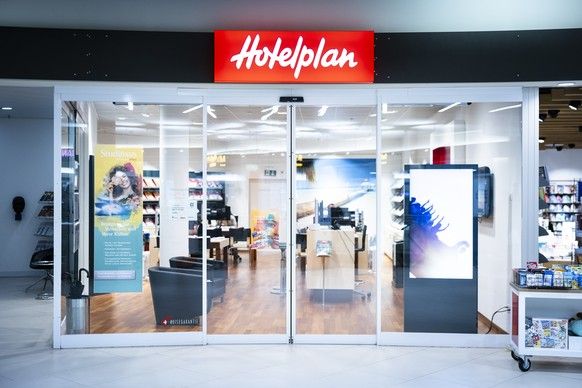
Hotelplan was founded 90 years ago by Gottlieb Duttweiler. The current management wants to get rid of the travel agency.Image: keystone
The decisive question is whether consumers will follow.
The NZZ explain:
“Make them understand that Migros is as inexpensive as a discount store, that it nevertheless offers a complete assortment in its stores and that it continues to be committed to the environment, culture and social issues, will be a challenge”
A completely ordinary business
In the annual reputation ranking of the market research company GFK, Migros moved from first to third place this year. It is “still the company with which the Swiss can identify most strongly,” according to the report. But it has “lost ground, particularly with regard to social and moral esteem”.
More articles about Migros
This means that Migros is increasingly seen as an ordinary company, oriented solely towards profit. The social and cultural orientation is fading, and with it a considerable part of the “DNA” of Migros. Thus, the inhibition threshold for shopping at Aldi or Lidl decreases. The turbulence under the orange M will not diminish.
Translated and adapted by Noëline Flippe

